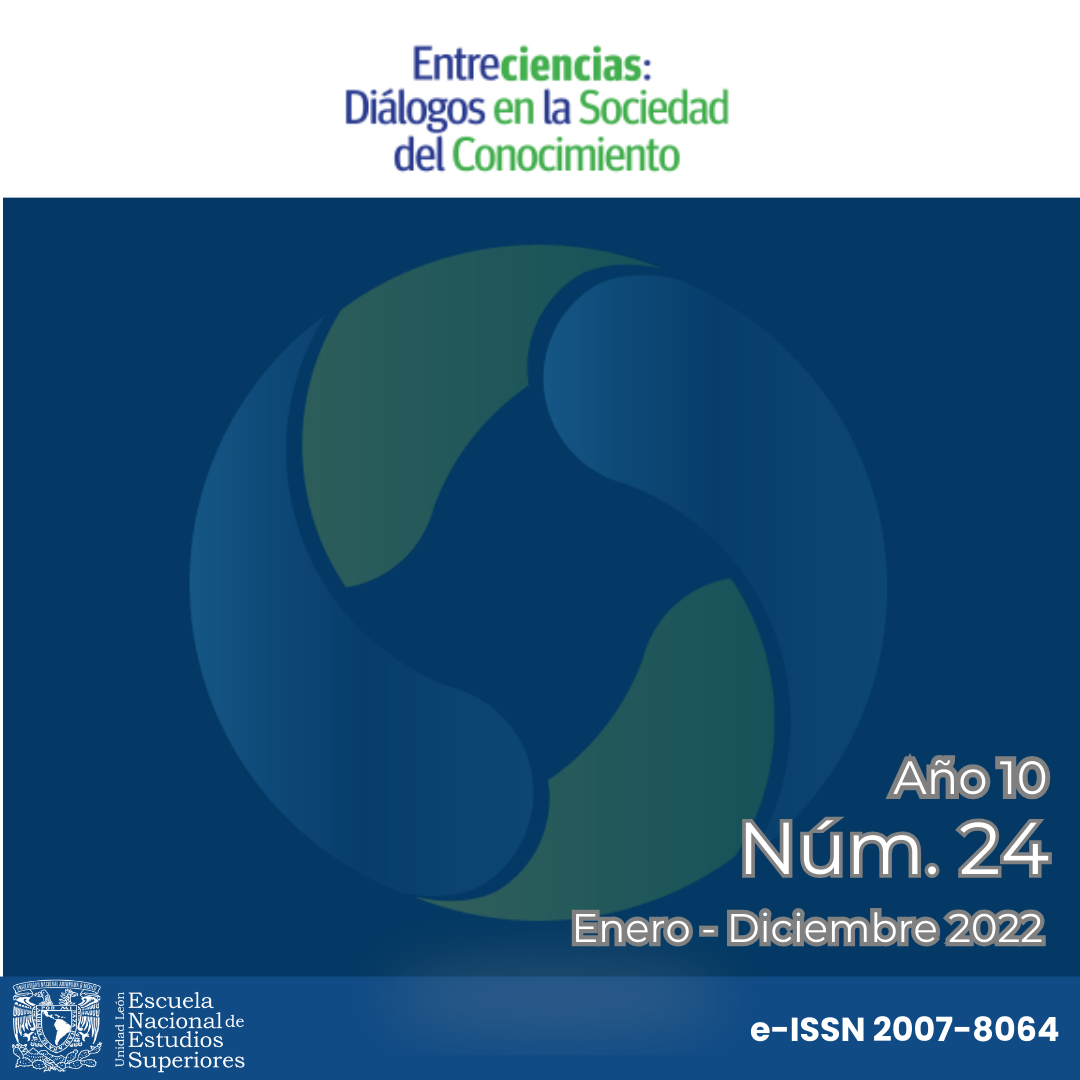Telepsychology for adherence to treatment in patients with diabetes mellitus type 2: A systematic review
Main Article Content
Abstract
Purpose: This article has two objectives: 1) Togather controlled and uncontrolled studies that provide evidence of the efficacy of Telepsychology onadherence to treatment indicators and behaviors of therapeutical adherence such as diet, physical activity, medication consumption, capillary glucose monitoring, foot care and Glycosylated Hemoglobin (HbA1C) in patients with type 2 diabetes mellitus; 2) to analyze the methodological characteristics of the studies.
Methodological design: Considering PRISMA criteria and thePIT search strategy, six databases were consulted: Pubmed, OVID (PsycINFO and PsycArticles), Scopus, CINAHL and Web of Science.
Results: A total of 1,547 articles were identified,yetonly five randomized controlled trials, met the inclusion criteria. The assessedbehaviors and indicators of adherence to treatment were: HbA1C (n =3), physical activity (n = 2), medication intake (n =1), capillary glucose monitoring (n =1), and diet (n =1). In two studies, asynchronous-type Telepsychology (i.e., via websites and apps) improved HbA1C, medication intake, capillary glucose monitoring, and diet; results on physical activity differ.
Research limitations: Since only two studies described information on effect size and confidence interval, a meta-analysis is not feasible.
Findings: Telepsychology based on asynchronous cognitive-behavioral therapy shows encouraging results in improving glycemic control and therapeutic adherence behaviors in people with diabetes mellitus. The identifiedresearch was conducted in the United States, Europe and Oceania.
Downloads
Article Details
Citas en Dimensions Service

Entreciencias: Diálogos en la Sociedad del Conocimiento recognizes and respects the moral rights of authors as well as ownership rights transferred in non-exclusivity to the journal for its open access dissemination and its preservation. Hence, authors who publish in this journal accept the following conditions:
- Entreciencias: Diálogos en la Sociedad del Conocimiento from Universidad Nacional Autónoma de México is distributed under a Licencia Creative Commons Atribución-NoComercial-SinDerivar 4.0 Internacional, which allows the information and metadata to be used without commercial ends as long as proper citation is utilized.
Authors will have the right to non-exclusively distribute the contribution made to Entreciencias: Diálogos en la Sociedad del Conocimiento. That is, they will be able to include it in an institutional repository or disseminate it in other digital or printed media as long as it is explicitly stated that it was first published in Entreciencias: Diálogos en la Sociedad del Conocimiento. The following information must additionally be included: author, year, volume, page numbers, electronic paging, and DOI.
Authors, whose publications have been accepted, will have to send the Letter of Copyright Transfer in the corresponding format, filled out and signed by the author or authors.
